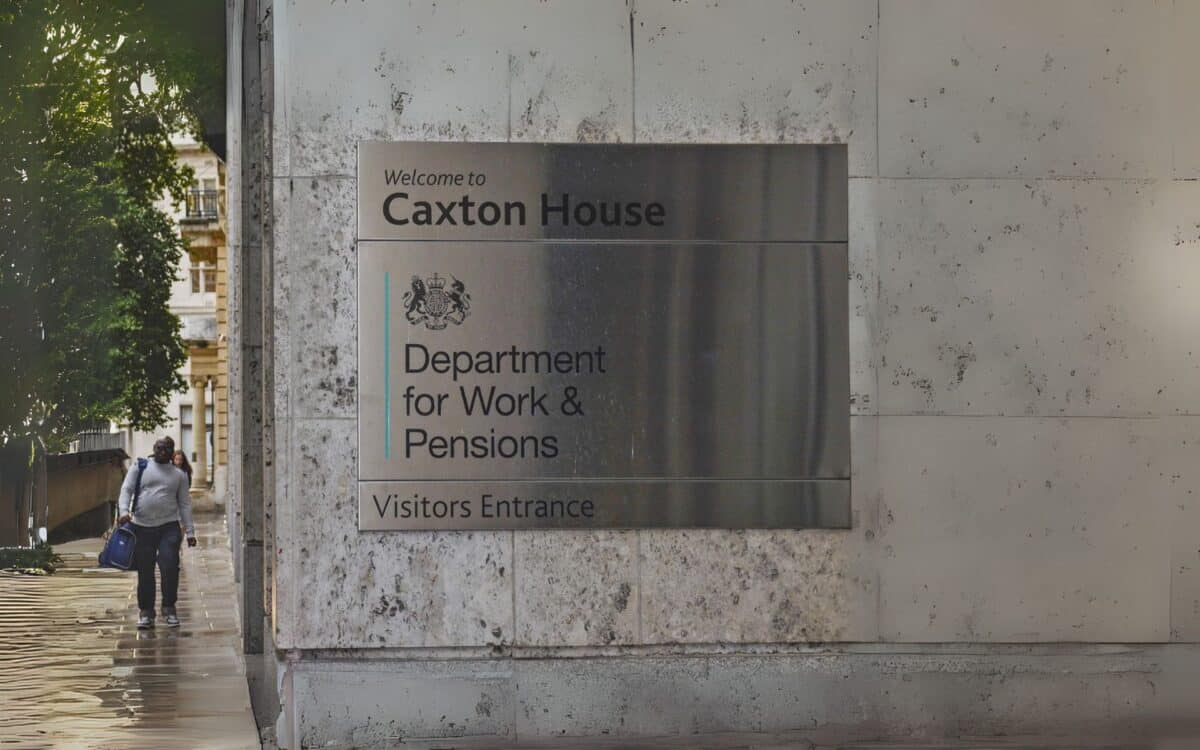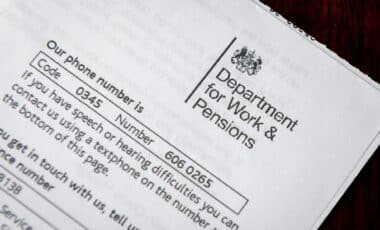The Department for Work and Pensions (DWP) has announced that notable reforms to the Personal Independence Payment (PIP) system will come into effect from November 2026, subject to parliamentary approval.
Although the government has released limited details so far, the adjustments are understood to involve stricter eligibility requirements and new assessment thresholds. These changes are expected to affect a substantial number of current and future claimants across the UK.
According to information reported by Devon Live, the revisions will form part of a broader benefits strategy that may significantly alter access to support for individuals with long-term disabilities or health conditions.
Changes to Qualifying Rules and Assessment Structure
PIP is composed of two elements: a mobility component and a daily living component, each assessed separately. Claimants may receive either a standard or enhanced rate based on their level of need.
Currently, to qualify for the daily living component, individuals must score at least eight points across ten activities, and twelve points to receive the higher rate. From November 2026, new criteria will require claimants to also achieve at least four points in a single activity to be eligible. This new threshold adds an additional barrier on top of the cumulative points system.
Impact Projections and Financial Implications
According to DWP projections, these changes could mean that by the 2029/2030 tax year, up to 800,000 people will no longer qualify for PIP. The average financial loss per person is expected to be approximately £4,500.
As of now, the lower rate of the daily living component is £73.90 per week, totaling £3,842.80 annually. The higher rate is £110.40 per week, which equates to £5,740.80 annually. The loss of this support may have a significant financial impact, particularly for those who rely on the benefit to meet the extra costs arising from long-term disability or health conditions.
Clarification for Pension-Age Claimants and Review Policies
During a recent Parliamentary session, Conservative MP Alicia Kearns asked how the proposed changes would affect individuals of state pension age who request a change of circumstances review—a formal reassessment initiated by the claimant.
Responding to the inquiry, DWP Minister Sir Stephen Timms clarified:
Our intention is that the changes will apply to new claims and award reviews from November 2026, subject to parliamentary approval. In keeping with existing policy, people of state pension age are not routinely fully reviewed and will not be affected by these changes.
He further emphasized that while routine reassessments may not apply, obligations still remain for older claimants.
All claimants are required to notify the department of any change to their circumstance, be that an improvement or deterioration in their needs. Upon notification of a change, a case manager will consider what further action might be required to ensure the claimant is receiving the correct level of support.
This clarification highlights that while most individuals over pension age will be unaffected by default, a self-reported change can trigger an assessment under the new criteria.
Detailed Figures on Pip Overpayments and Reporting Issues
Recent figures published by the DWP indicate a noticeable rise in PIP overpayments. The rate increased from 0.4% in the 2023/2024 tax year to 1.3% in the 2024/2025 year. This uptick is attributed primarily to
A significant number of claimants not reporting improvement in the level of support they need.
Despite this increase, the overall rate of overpaid claims remained consistent at 1 in 100, matching the previous year’s figures. The department has not announced any penalties or additional actions but is closely monitoring reporting compliance.









